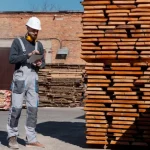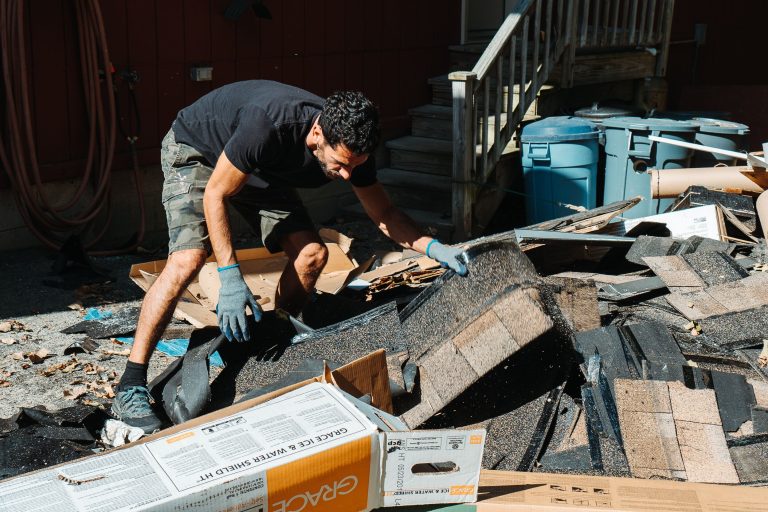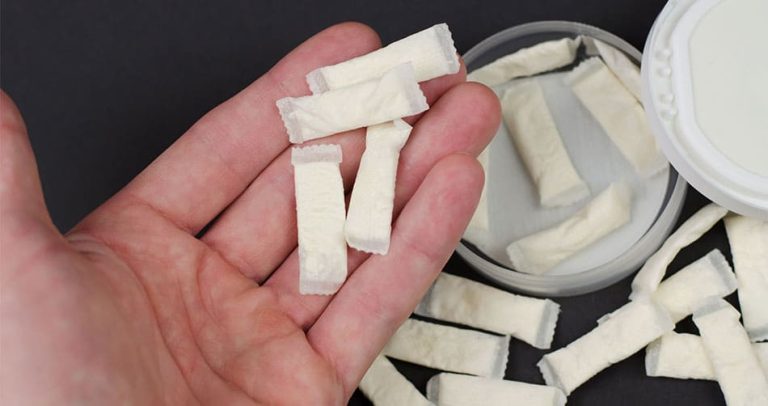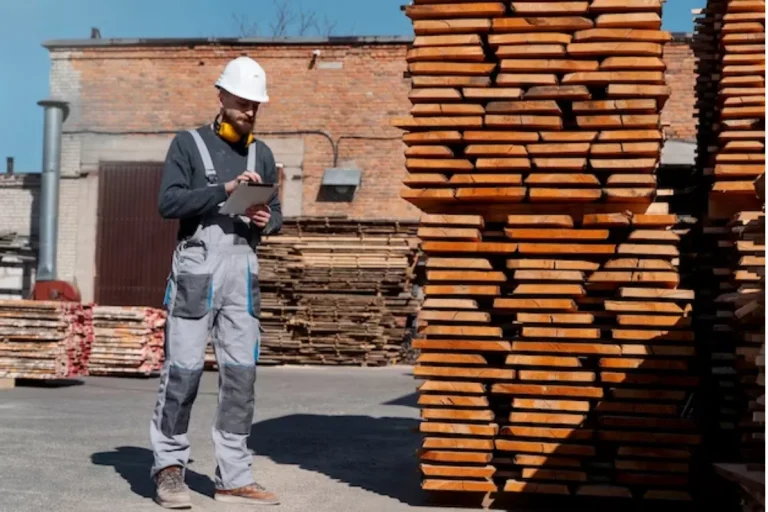Ensuring the quality of building materials is vital when starting a building or renovation project. The materials chosen affect the general appearance and usefulness as well as the lifetime and safety of the construction. How then can one find out whether the supplies you are using meet standards? Knowing whether building components are of high quality or not will help you save both money and time. get more information that satisfy industry standards can help you to be sure you are choosing the correct one. Before you start your project, this article will walk you through some basic measures to ascertain the quality of building components.
Visual Inspection: The First Step
Visual inspection is a basic and efficient way to assess building material quality. The way the materials look can tell a great lot about their quality. For example, whereas steel shows no evidence of rust or corrosion, wood should have a consistent texture and be devoid of knots or cracks. When looking at bricks, find consistency in size, colour, and form. Should there be obvious flaws, chips, or cracks, this could point to worse quality. This simple check lets you rapidly rule out any materials that fall short of your standards.
Testing Simple Skills
Some materials allow you to quickly evaluate their durability and strength. One can gently bend a piece of metal, for instance, to check whether it breaks or bends readily. Analogous to this, concrete’s strength can be inferred by its density. A substance is more likely to be durable and of great quality the heavier and denser it is. These quick tests can give important information on whether the content is up to standards or not and can be performed easily.
Seeking certifications
Certification is among the most consistent markers of quality. Many times, reputable suppliers have their materials approved by quality control agencies. These certificates guarantee that the components follow performance criteria and have undergone rigorous examinations according to safety. Always smart to ask the seller for evidence of certification before making any buy-in. Should they fail to offer it, you might want to give using those resources second thought.
In essence, the success of any construction project depends on the building materials being of first grade. Using visual inspection, basic testing, and certification search, you may so boldly ascertain the strength and durability of the selected materials. Quality should not be compromised; utilizing inferior materials could result in later structural problems and expensive repairs. Never forget to get more information which is a great first step toward creating a strong, long-lasting construction.



















